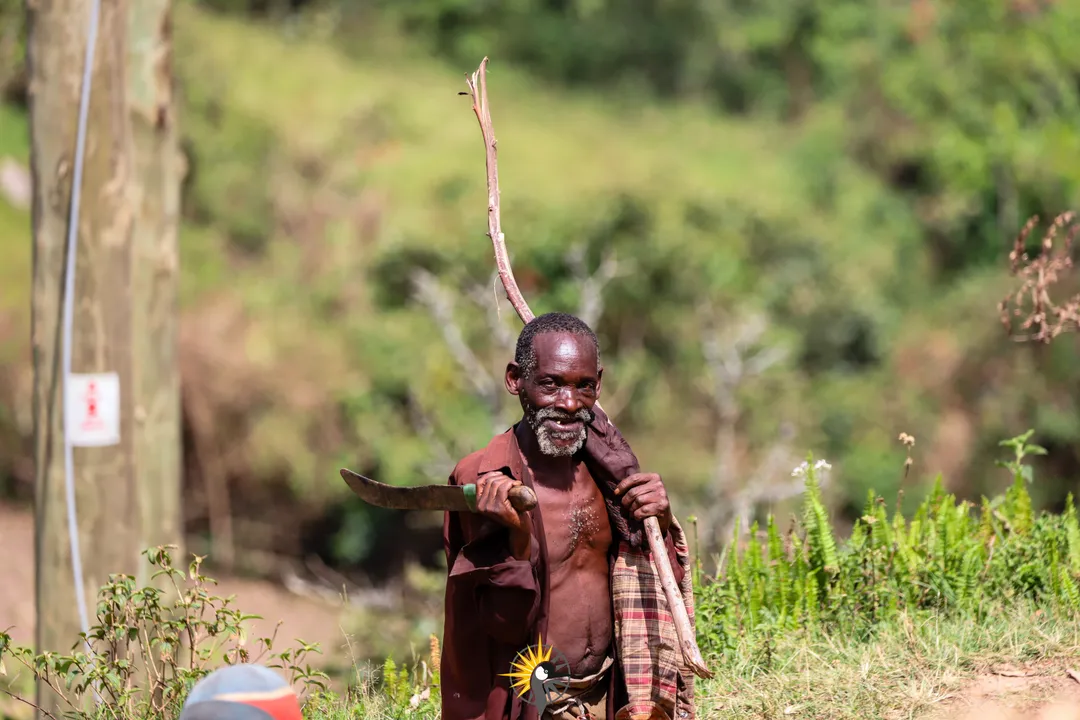Who are the Batwa People? A Look into their History and Culture
The Batwa people, also known as the Twa people, are a marginalized group residing just outside the Bwindi forest in Uganda. They have a rich history and unique culture that dates back centuries. This article delves into the origins of the Batwa, their traditional way of life, the challenges they face today, and the importance of preserving their culture.
The Origins of the Batwa People
According to the Batwa's own legends, they trace their ancestry back to a man named Kihanga who had three sons: Katutsi, Kahutu, and Katwa. Each son was given a task, and based on their performance, they were blessed with different gifts. Katwa, the youngest son, was given the forest and all that it contained. This is how the Batwa people came to live in harmony with the forest, relying on it for their survival.
The Traditional Way of Life
For centuries, the Batwa lived as forest dwellers, relying on hunting and gathering for sustenance. They had a deep connection with the forest and considered it their home. Their lifestyle was characterized by simplicity, as they took only what they needed from the forest, leaving minimal impact on the environment.
The Batwa lived in small, congested houses on the outskirts of the forest. These houses were often too small to accommodate all family members, resulting in overcrowding. Despite their limited resources, the Batwa were known for their welcoming and hospitable nature, embracing visitors with open arms.
Socialization among the Batwa was facilitated through activities such as hunting, music, dancing, and storytelling. The elders would pass down stories and traditions to the younger generation, ensuring the preservation of their cultural heritage.
The Challenges Faced by the Batwa
The establishment of the Bwindi and Mgahinga Gorilla National Parks in 1991 brought about significant changes in the lives of the Batwa. As the parks were created to protect the endangered mountain gorillas, the Batwa were evicted from their ancestral lands and became conservation refugees. This sudden displacement caused them to lose their traditional way of life and forced them to adapt to a modern society that was unfamiliar to them.
One of the major challenges faced by the Batwa is the lack of land ownership. Since their eviction, they have been living as squatters on land belonging to others, as they were not compensated for the loss of their ancestral lands. This lack of land ownership has resulted in a loss of their cultural identity and a constant struggle for survival.
Access to healthcare is another significant challenge for the Batwa. They often have to walk long distances to receive medical attention, and their access to essential medicines is limited. As a result, they have a higher prevalence of diseases such as HIV/AIDS and face difficulties in accessing proper treatment.
The Batwa's Spiritual Beliefs and Rituals
The Batwa people have their own spiritual beliefs, centered around a supreme being known as Nyagaasan or Imaana. They believe that Nyagaasan provides them with wealth, food, protection, and children. The chameleon holds a special place in their spiritual beliefs, as it is believed to be the closest creature to God.
Before the introduction of Christianity, the Batwa practiced their own ancient religion, worshiping a god known as A'an. Their spiritual connection with the forest was strong, and specific sites within the forest held great significance to them. They worshipped these sites and considered them central to their existence.
The Batwa's Economic Struggles
The Batwa people face significant economic challenges as a result of their displacement from the forest. Their traditional means of subsistence, such as hunting and gathering, are no longer viable in the modern world. Many Batwa struggle to find stable employment and often resort to casual labor, which provides minimal income.
To supplement their income, some Batwa engage in crafts such as making baskets, gorilla carvings, which they sell to visitors in the area. However, the income generated from these activities is often insufficient to meet their basic needs, leading to food insecurity and economic instability.
Education is another area where the Batwa face challenges. While some children attend school, many drop out due to poverty and the need to contribute to their families' livelihoods. This lack of education further perpetuates their marginalization and limits their opportunities for socioeconomic advancement.
Efforts to Empower the Batwa
Despite the challenges they face, efforts have been made to empower and support the Batwa community. Non-Governmental Organizations like the Friends of Batwa International in Uganda have been working to enhance Batwa inclusion in society.
These efforts include purchasing land for Batwa settlements, providing targeted health and educational services, and supporting rights-based advocacy. In 2013, the Batwa filed a constitutional claim seeking restitution of their lands and compensation for long-term human rights violations. However, the full hearing and determination of the case are still pending.
The Importance of Preserving Batwa Culture
Preserving the culture of the Batwa people is crucial for the preservation of humanity's diverse heritage. Their unique traditions, dances, practices, and songs are invaluable cultural assets that deserve recognition and protection. By embracing and celebrating Batwa culture, we can foster a greater understanding and appreciation of their rich history and contributions to society.
Furthermore, preserving Batwa culture is essential for the well-being of the Batwa community itself. Cultural identity plays a vital role in individuals' sense of belonging and self-worth. By preserving their cultural heritage, the Batwa can maintain a strong sense of identity and pride, which can contribute to their overall well-being and resilience.
Conclusion
The Batwa people have a rich history and unique culture that is worth celebrating and preserving. Despite the challenges they face, efforts are being made to empower and support the Batwa community. By recognizing and valuing their cultural heritage, we can contribute to a more inclusive and diverse society that respects and appreciates the contributions of all its members.
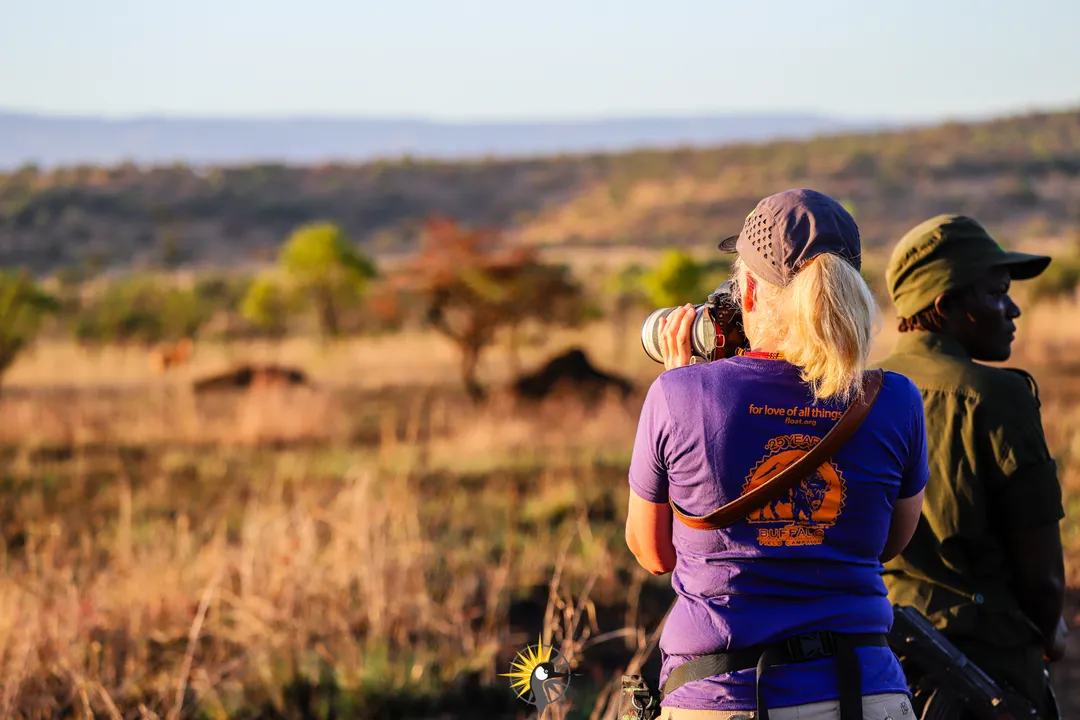 Client on a walk
Client on a walk
Let us plan your safari
Let our experts walk you through the process of planning your safari step by step!
News and Updates
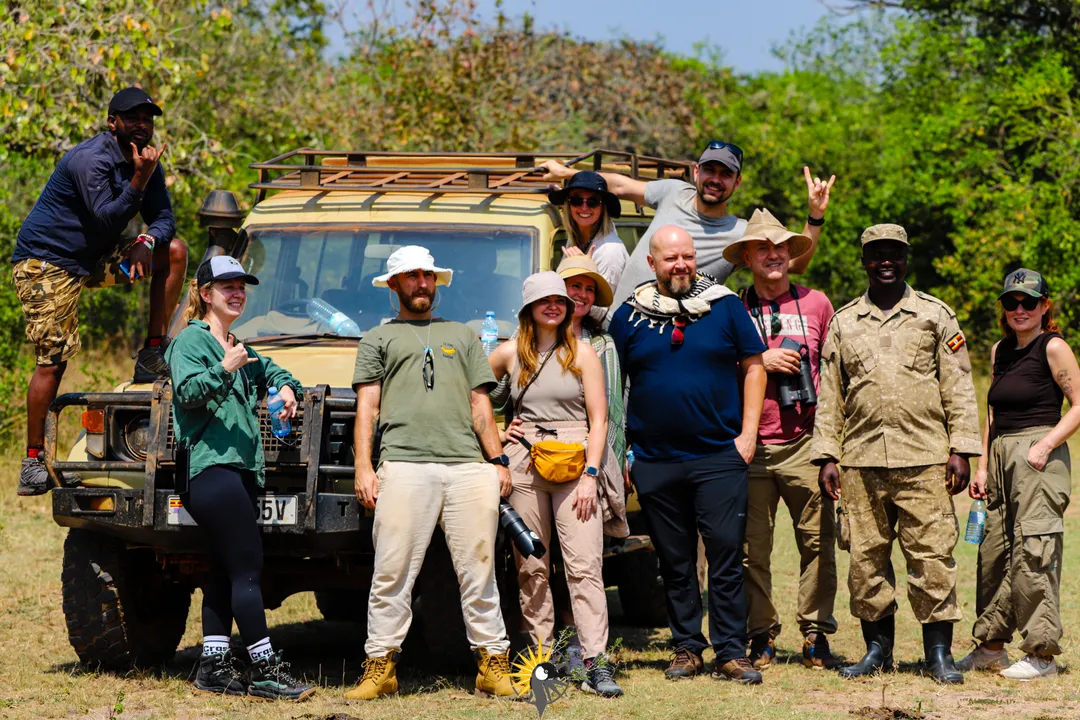
Why Uganda Is Africa’s best safari secret
Discover why Uganda is Africa’s best-kept safari secret. From thrilling mountain gorilla trekking to diverse wildlife and stunning landscapes, Uganda offers an unforgettable, off-the-beaten-path safari experience.
Sun Apr 06 2025
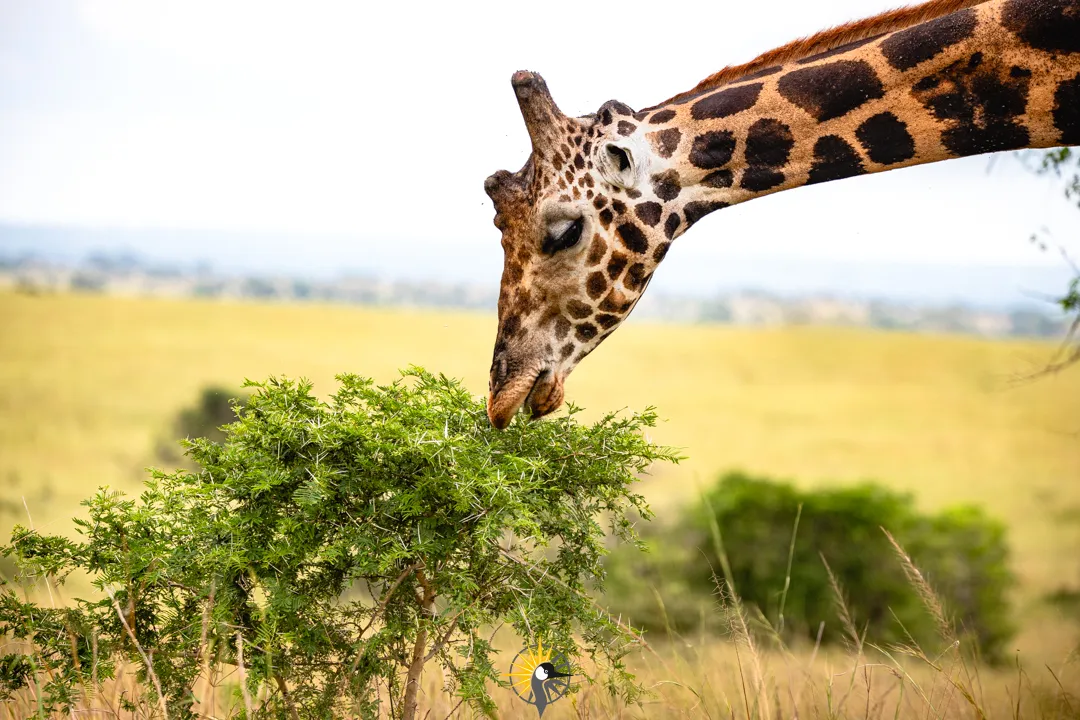
Unique safari experiences in Rwanda
From tracking endangered primates to exploring stunning landscapes and vibrant traditions, here are the most unique experiences you can enjoy in Rwanda.
Fri Mar 14 2025
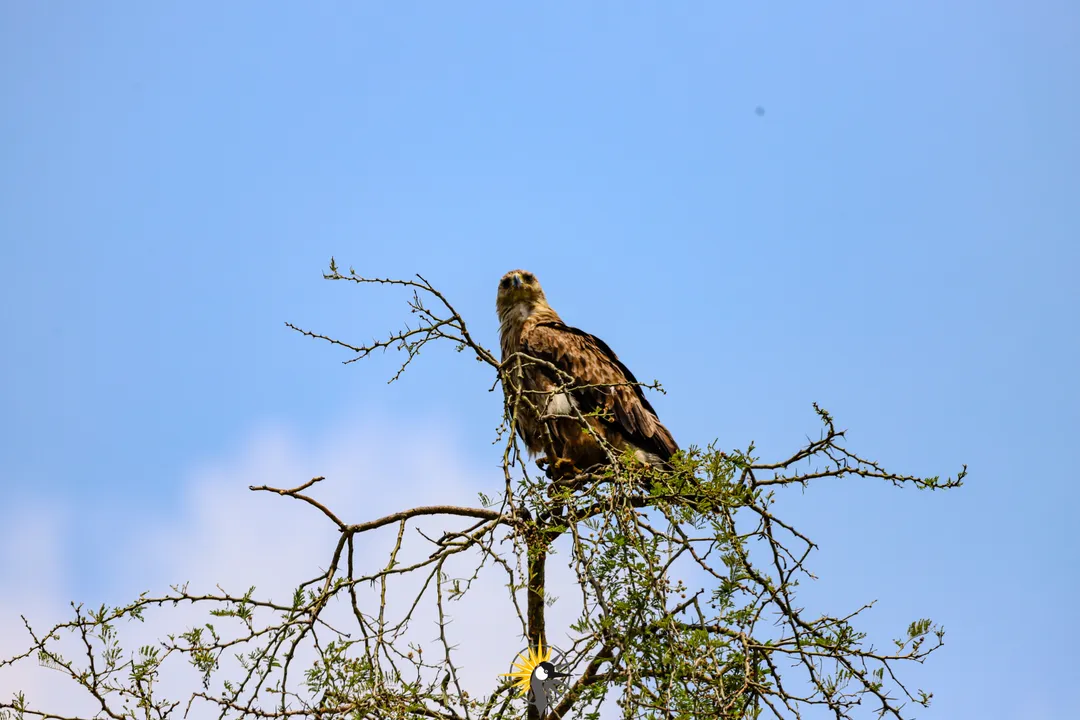
Birdwatching in Kenya
Join Musana Tours and Travel on an unforgettable birdwatching safari across the best birding hotspots in Kenya.
Wed Feb 26 2025
